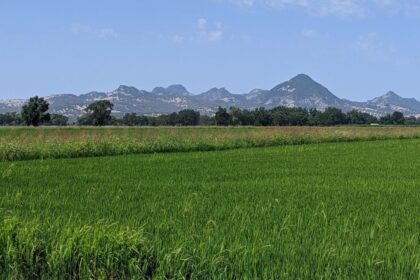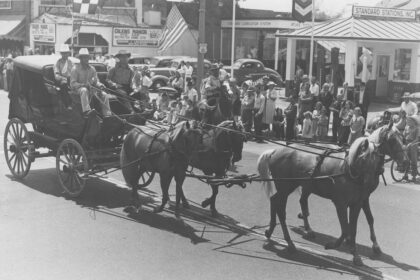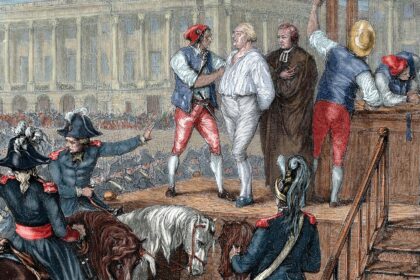Robert Leroy Parker, better known as Butch Cassidy, was a notorious American train robber and bank robber, and the leader of a gang of criminal outlaws known as the “Wild Bunch” in the American Old West. Take a look below for 30 more interesting and bizarre facts about Butch Cassidy.
1. After participating in criminal activity in the United States for more than a decade at the end of the 19th century, the pressures of being pursued by law enforcement, notably by the Pinkerton detective agency, forced Parker to flee the country with an accomplice, Harry Alonzo Longabaugh, known as the “Sundance Kid,” and Longabaugh’s girlfriend Etta Place.
2. The trio traveled first to Argentina and then to Bolivia, where Parker and Longabaugh were supposedly killed in a shootout with police in November, 1908; the exact circumstances of their fate continue to be disputed.
3. Parker’s life and death have been extensively dramatized in film, television and literature, and he remains one of the most well-known icons of the “Wild West” mythos in modern times.
4. Cassidy was born on April 13, 1866, in Beaver, Utah, United States.
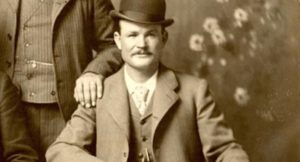
5. He was the first born child in the family of English immigrants Maximilian Parker and Ann Campbell Gillies.
6. His parents had 12 more children after Butch was born. The family was poverty stricken, and after the birth of so many children, they found it difficult to survive amidst the fast-changing economic landscape of the country.
7. The family owned a ranch in Utah and spent time farming to make ends meet.
8. Butch had aspired to be rich ever since he was a kid.
9. Skipping his education while he was still a teenager, he decided to earn a living. He left his house at the age of 13.
10. He started working at a dairy farm and formed a close kinship with the dairy owner, a cowboy and a cattle rustler named Mike Cassidy.
11. Butch grew extremely fond of him and adopted Mike’s last name.
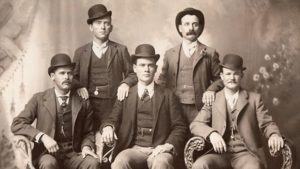
12. Mike was an outlaw and was part of a gang that specialized in extortion and stealing cattle.
13. Butch was inspired by him and regarded him as a father figure.
14. Cassidy subsequently worked at many dairy farms and then moved to Wyoming and worked as a rancher.
15. He also worked as a butcher for a while and thus earned the name “Butch.” He hated his biological family and asked everybody to call him “Butch Cassidy.”
16. In his early teens, Cassidy was a charming young man.
17. His first crime was a petty robbery at a cloth store. He had moved to another town to find work at a cloth shop. Upon finding the shop closed, he broke the lock and stole a pair of jeans and pie. He left a letter saying he would pay it back upon returning.
18. Until he was 18 years old, he continued to work in ranches.
19. He moved to Colorado in 1884. He wanted to find steady work but soon started delivering stolen horses to buyers.
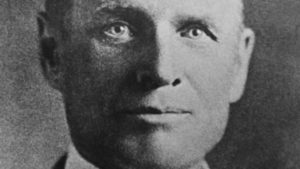
20. He also moved to Wyoming for a while and lived as a cowboy. However, he returned to Colorado in 1887.
21. He experimented with horse racing and earned a decent profit.
22. Cassidy’s aspirations were too big to be contained within the confines of horse-race betting. He started planning something huge, and in 1889, he committed his first bank robbery.
23. The “San Miguel Valley Bank” in Colorado became the first victim of Cassidy and his small team of three other cowboys.
24. In 1889, the teams tole more than $21,000 from the bank.
25. Having stolen a ton of money, Cassidy thought that he could buy his own ranch and lead a rich life. He bought a ranch in Wyoming and started his operations. However, his ranch life ended up being just a cover for his crimes.
26. In 1894, he met and fell in love with the infamous outlaw Ann Bassett. He also began associating with her father, who was another outlaw.
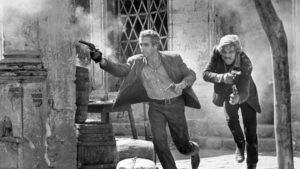
27. When he was caught, Cassidy was kept at the “Wyoming State Prison,” where he won the affection of the staff. He appeared to be a charming and happy-go-lucky person.
28. Due to his good behavior, he spent 18 months in jail, instead of 24. Governor William Alford Richards pardoned him, and Cassidy returned to his ranch.
29. Cassidy would usually target banks in Idaho and train robberies in the western states of Wyoming, New Mexico, South Dakota, and Nevada. Newspapers cashed in on their popularity and wrote stories about their antics, often dramatizing them a bit.
30. The American government made an official announcement that Cassidy and his allies had been killed in a police encounter in Bolivia, on November 6, 1908. However, there were no bodies to confirm the claims. Some historians believe that Butch had moved back to the U.S., had changed his appearance, and assumed the alias “William T. Philips.”


